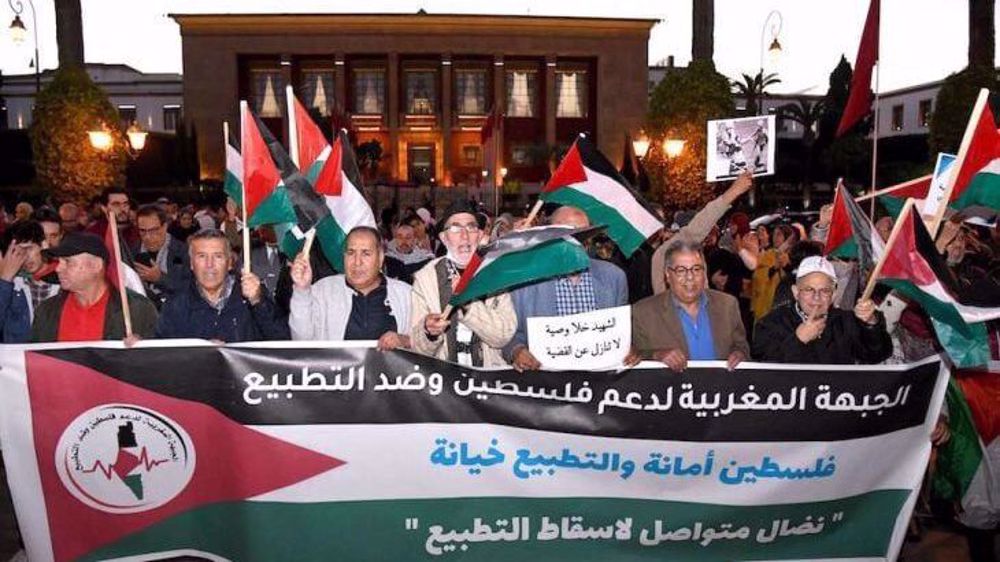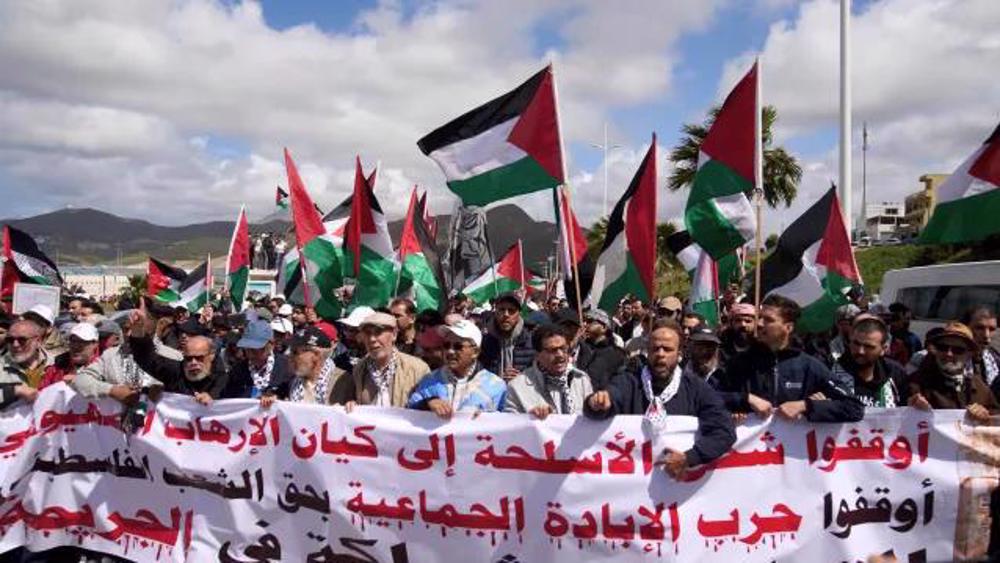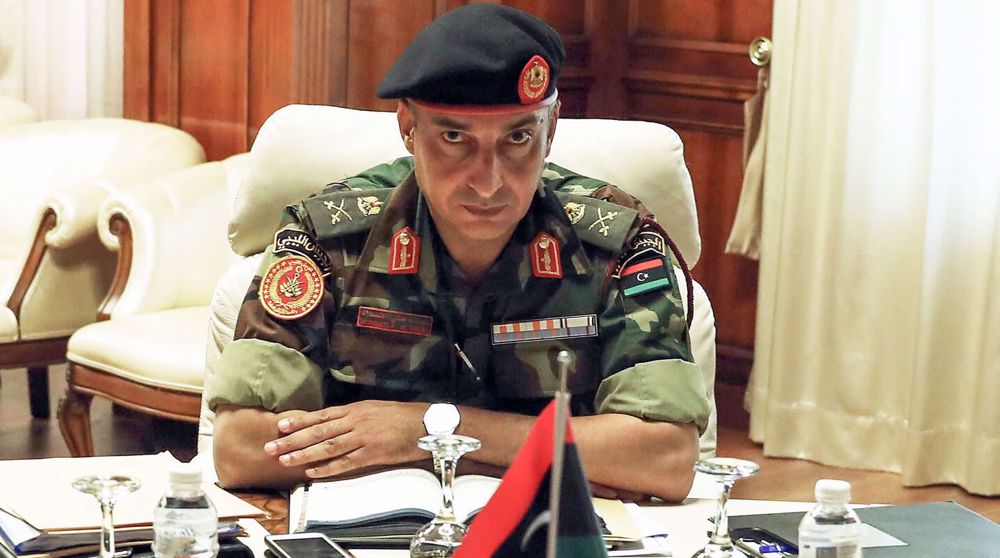Half a million children face 'immediate danger' in Libyan capital: UNICEF
The UN children's agency (UNICEF) says intensified fighting in the Libyan capital Tripoli has put the lives of half a million children in “immediate danger,” warning that more than 2.6 million children are living in dire conditions across the conflict-ridden North African country.
Geert Cappelaere, UNICEF regional director for the Middle East and North Africa, made the remarks in a statement published on Monday.
Citing Libya's Health Ministry, local media said clashes that broke out last month between armed groups in Tripoli and those from another city over control of the capital had killed at least 115 people and wounded nearly 400 by Saturday night.
Clashes between the Seventh Brigade from Tarhouna, a town southeast of Tripoli where the Government of National Accord (GNA) is based, and the Tripoli Revolutionaries' Brigades (TRB) have escalated since late August and the two rival groups have been vying to take control of the Libyan capital despite a truce declared earlier this month.
"Over 1,200 families have been displaced in the past 48 hours alone as clashes intensified in southern Tripoli, bringing the total number of displaced to over 25,000. UNICEF estimates half are children. Half a million children in immediate danger in Tripoli. More than 2.6 million children in need across the country," Cappelaere said.
The shortage of food, water and electricity is among the daily challenges that children and families in Libya face, according to the UNICEF official.
"The country is facing an outbreak of measles, with over 500 cases reported - most of which are among children. A growing lack of fully functioning health services will only result in more cases of measles," Cappelaere said.
The regional director also noted that schools are increasingly being used to shelter displaced families, which is likely to delay the start of the academic year planned for October 3.
"Hundreds of detained refugees and migrants, including children, were forced to move because of violence. Others are stranded in centers in dire conditions," Cappelaere said.
“UNICEF calls on all parties to the conflict in Libya to protect children at all times,” the official added. “The way out of the recent fighting and the crisis in Libya is not through violence but through diplomacy and a political agreement, with the interest of children at the very center.”

Libya plunged into chaos in 2011, when the country’s long-time dictator Muammar Gaddafi was ousted in a NATO-backed uprising.
The North African country is currently split between two rival governments in the east and west, each backed by an array of rival militias.
The Tripoli-based GNA is recognized by the UN as the official government. The other government, known as the House of Representatives, is based in the eastern city of Tobruk and has the support of forces loyal to military strongman General Khalifa Haftar.
VIDEO | Press TV's news headlines
US designates Muslim Brotherhood branches in Egypt, Lebanon, Jordan as ‘terrorist’ groups
Eilat port ‘almost completely paralyzed’ due to Yemen’s pro-Palestinian operations: Reports
Iran FM calls riots ‘Daesh-style crimes,’ extension of US-Israeli war
VIDEO | Iran foils US- and Israeli-backed riots
VIDEO | Mosque targeted in arson attacks by Western-backed rioters in Iran
UN demands investigation of Minneapolis mother’s murder during immigration crackdown
Israel orders demolition of last soccer field in West Bank refugee camp















 This makes it easy to access the Press TV website
This makes it easy to access the Press TV website